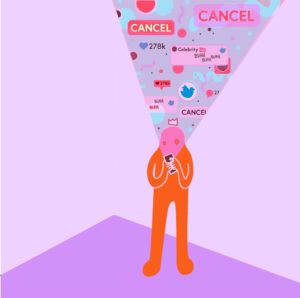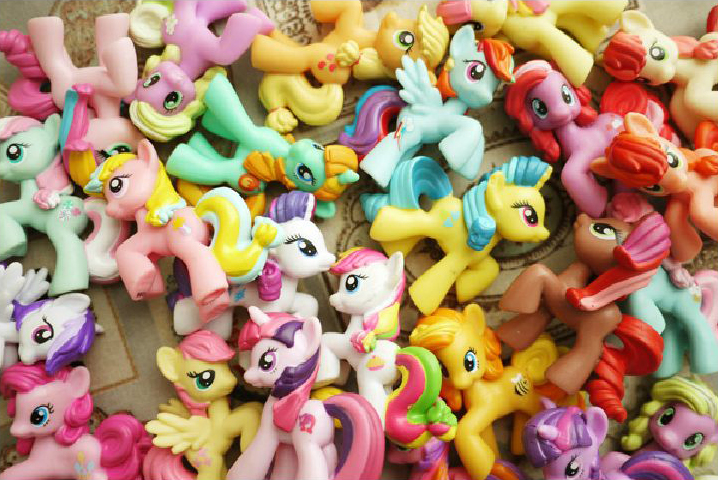[media-credit name=”Huffington Post” align=”alignnone” width=”300″] [/media-credit]
[/media-credit]
In 2019, you can’t go on Twitter without seeing some famous actor or makeup guru being put on blast for some problematic tweet they made 8 years ago. From James Charles to Dave Chappelle, countless celebrities have been subject to this form of public shame, whether that be for holding a morally reprehensible figure accountable, or for boycotting a certain figure for a slightly ignorant remark. The overall concept of this shaming and boycotting is called “cancel/callout culture,” in which the goal is to punish celebrities or public figures or rid them of business or social opportunities. Is this a welcome shift of power from corrupt celebrities to the public, or is this just a modern day “witch hunt?”
Arguably, the term “cancel culture” saw its real mainstream usage in early 2019, after two makeup gurus with a large following on Youtube, James Charles and Tati Westbrook respectively, had a drawn-out, nasty feud. Over 75% of students surveyed in a poll consisting of 32 people said that was the main instance of “cancel culture” they had heard of. The accusations began with Tati Westbrook filming a video that accused James of backstabbing her and using her for her connections with the beauty community after supporting a company that was directly competing with her own brand. Another instance of this phenomenon occurred when an old tweet of James Charles resurfaced containing racist remarks. This sparked a debate over how accountable those in the public eye should be held, as the tweet was made when James Charles would have only been in his early teens. When asked if celebrities should be held accountable for past remarks, Orem High senior Madelyn Bokovoy said, “Yes, they hold a major platform and can influence culture a lot! They should use this platform for good and if they do something negative, I think it’s the right of their fans to decide whether or not to stop liking them. I personally don’t really like shame culture but it’s freedom of speech and assembly.” Oklahoma high school junior Angelita Mohler also had this to say about accountability and public figures, “I think a lot of celebrities aren’t held accountable enough, but when they are, it’s taken to an unbelievable extreme that completely dehumanizes them. It’d be nice to find a balance.”
Although the effects of cancel culture may seem like it has no real effect on celebrities’ lives, in some cases, it can cost them tremendous career opportunities. Just this September, the comedian Shane Gillis was hired as a writer for Saturday Night Live, but quickly fired when his extremely racist remarks against Asian people resurfaced. Some saw this as systemic racism being challenged by underrepresented groups, truly showcasing the power of public opinion, while others saw the more destructive side of cancel culture. When asked if their personal perception of a celebrity has changed based on comments brought forth by cancel culture, Texas high school sophomore Laurel Metcalf said, “Yes, [because] it becomes hard to see someone in a good light once you know they’ve sexually harassed or belittled another human for something they can’t control such as race, disability, etc.”
Overall, most people, especially marginalized communities, seem to employ “cancelling” someone when institutions or communities such as Hollywood won’t hold people accountable. Students, especially those at Orem High, are less afraid than ever to change their opinions. Social media seems to be almost the perfect platform for this type of freedom of speech, showcasing just how powerful and destructive this mob mentality can be.
Georgia Metcalf
Latest posts by Georgia Metcalf (see all)
- Zodiac Signs and Gen Z - December 6, 2019
- Cancel Culture and Celebrity Accountability - December 6, 2019






